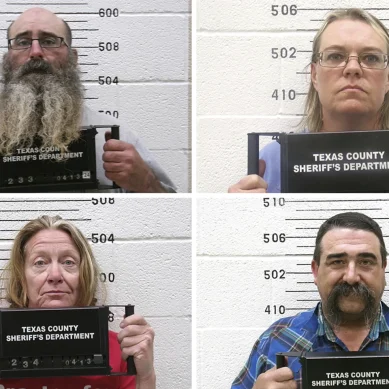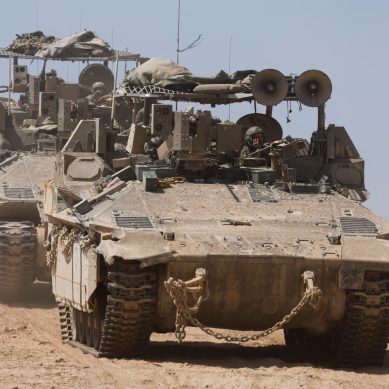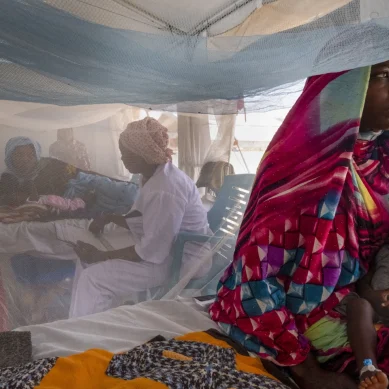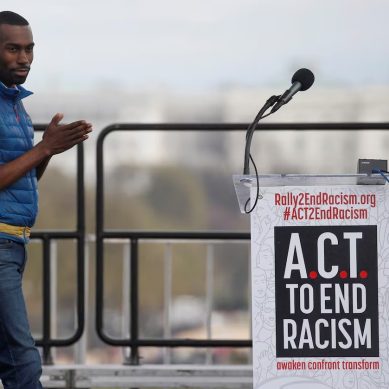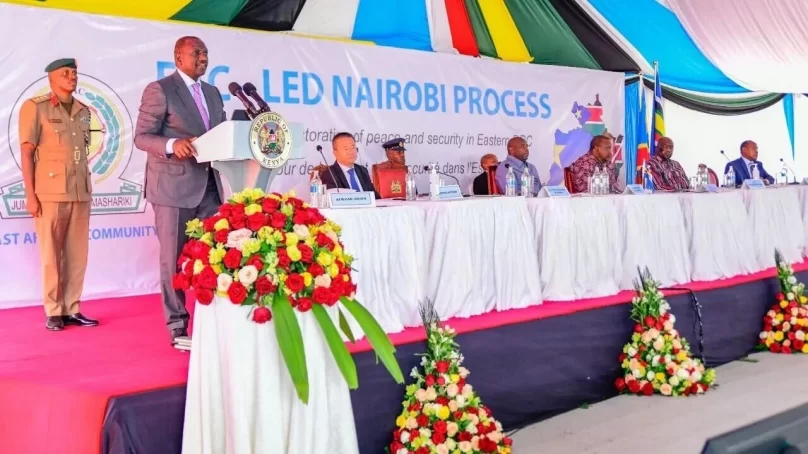
A fresh round of EAC-led talks between the Democratic Republic of Congo, Rwanda and armed militia operational in the eastern DRC have opened in the Kenyan capital, Nairobi, without the presence of the M23 Tutsi rebel group that Kinshasa says is being supported by Kigali.
A ceasefire between Congolese government troops and M23 rebels appears to be holding in the eastern Democratic Republic of Congo despite some clashes reported between rival militias.
Under the ceasefire agreement that came into force on Friday night, the March 23 rebel group, which has seized swathes of territory, was to withdraw from “occupied zones” failing which an East African regional force would intervene.
This comes as a third Inter-Congolese dialogue got underway in Nairobi at the beginning of the week, with the talks being facilitated by Kenya’s former President Uhuru Kenyatta.
The DRC accuses neighbouring Rwanda of supporting the M23 rebels – charges Kigali denies alleging in turn, that Kinshasa works with the Democratic Forces for the Liberation of Rwanda, a Hutu rebel group that has been operational in eastern Congo since the end of the 1994 genocide.
Only last week, Congolese President Felix Tshisekedi attended a regional mini-summit in the Angolan capital Luanda where the details of the deal on the latest cessation of hostilities were agreed.
Both Tshisikedi and Rwandan president Paul Kagame joined the opening of the Nairobi talks via videolink, but according to RFI Kiswahili’s Victor Abuso, their participation was more of a courtesy call than a direct engagement in negotiations.
“It was a protocol affair, because they have to show that their countries are well represented … but Tshisikedi said that he hopes the talks will come out positively, because the people in [the eastern DRC] have suffered for so long,” Abuso recounts.
The Congolese president’s message was that rebel groups should use this opportunity to find peace and return into the community.
However, Abuso adds, “At the same time, Kagame – who has always said he does not support the M23 rebel group – said that [the talks are] a good opportunity to solve these challenges once and for all … he believes that a solution should be found through negotiations and through politics.”
Has the East African Community found new momentum by intervening in the DRC?
Yet without any M23 representation at the Nairobi talks, any definitive breakthrough in ending hostilities is unlikely.
It has also been stressed by Congolese government spokesman Patrick Maurya that the M23 rebels will not take part in any negotiations until they have left the territories and localities they currently occupy. But if they decommission their weapons in the name of peace, they have no leverage.
In these circumstances what would they hope to gain?
“I personally spoke to Willy Ngoma, a M23 spokesman,” Abuso says, “and what they are saying is that they want the Congolese government to implement the 2013 agreement that they reached here in Nairobi;, notably:
They should be recognised as Congolese [citizens] living in the east of the DRC. As part of the 2013 deal, the rebel fighters were meant to be integrated in the Congolese army.
However, says Abuso, “When you talk to these rebels, they say that none of these points have been implemented.”
Does Kenya support the EAC military intervention in eastern Congo?
To date, Kenya has been spearheading an East Africa intervention mission for any potential engagement in the eastern DRC.
The UN peacekeeping mission – Monusco – has said it is ready to set up a “coordination mechanism” with the East African regional deployment, but the question remains whether the force is prepared or not, and whether it will be adequately funded?
“Each country will fund its own army, at least for the next six months, with the help of other external [bodies] like the UN and the European Union,” Abuso says.
He adds that Kenya’s president, William Ruto says he will do whatever he can to ensure that there’s peace in eastern DRC.
“Just a few days ago we saw Kenyan forces going to Goma, but also we saw many Kenyan vehicles passing through Uganda to Rwanda. They are already there. That shows that, yes, Kenya is [facing] challenges. Financial challenges are still there, but for the meantime … from what we’re seeing, there is determination,” Abuso concludes.
The Inter-Congolese dialogue continues in Nairobi until Saturday 3 December.
- An RFI report
